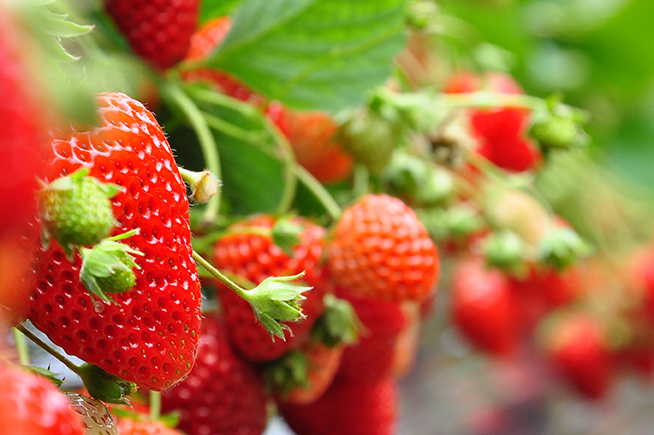There is a Smarter Way to Count Citrus Trees
From time to time, we all can use some help with counting. Citrus growers take time to count trees each season for crop insurance purposes. And with hurricane season upon us, getting an accurate count is crucial. To aid growers in this necessary task, cool ag tech tools from UF/IFAS are at the ready to take off.
Yiannis Ampatzidis, a UF/IFAS Assistant Professor of agricultural and biological engineering, and his research team developed and continue to elevate a cloud-based system known as Agroview. The latest test run results show a computerized method that counted 175,977 citrus trees on a commercial citrus farm in Hendry County at nearly 98% accuracy.
According to UF/IFAS, Ampatzidis also found that the combination of drones and Agroview tech counts trees and measures their canopy.
“This is critical for breeders and farmers to evaluate the productivity of their plants,” Ampatzidis stated.
His latest findings, published in the journal Computers and Electronics in Agriculture, builds on a study he published last year. In the prior study, conducted on a commercial farm in Highlands County, Ampatzidis also used Agroview. For the current study, UF/IFAS researchers used Agroview again, but with a less-costly camera.
Since Hurricane Irma, USDA requires growers to submit accurate tree inventories for all perennial tree policies if a grower suffers a significant increase or decrease in insurance policy coverage each year.
The new techniques save time and money, said Ampatzidis.
“We estimate the traditional tree-count procedure can cost around $14 per acre and take up to four weeks to cover 1,000 acres,” he said. “The Agroview application can be used to save the Florida citrus industry — among other industries all over the world — at least 60% of the data collection cost, and 90% of the data collection time.”
But, the work’s not done. Ampatzidis says next steps for him and his research team are to develop:
- Yield prediction models for citrus and vegetables
- Disease detection models for vegetables
- Nutrient prediction models and application maps for variable rate technologies, for example, fertilizers and sprayers









